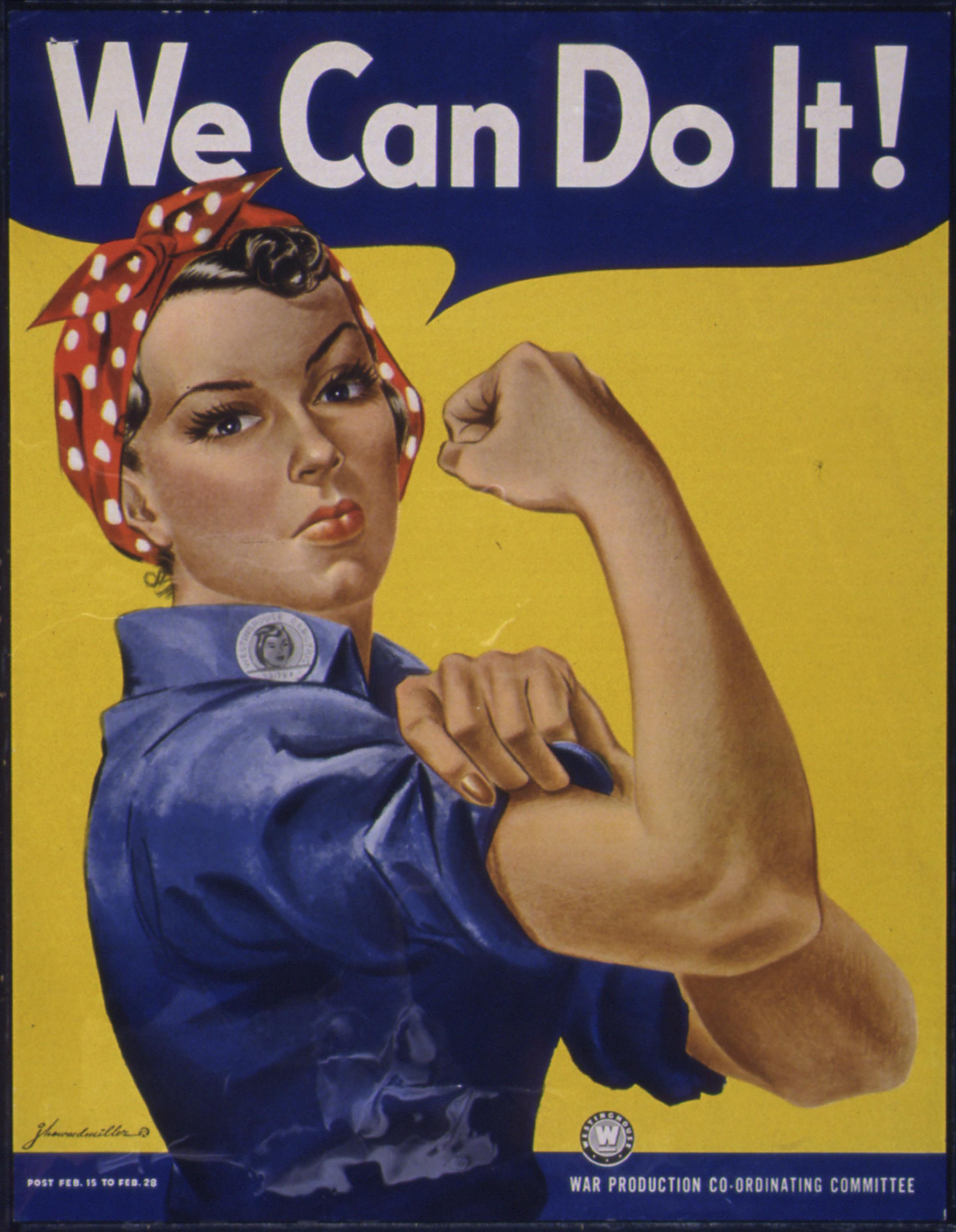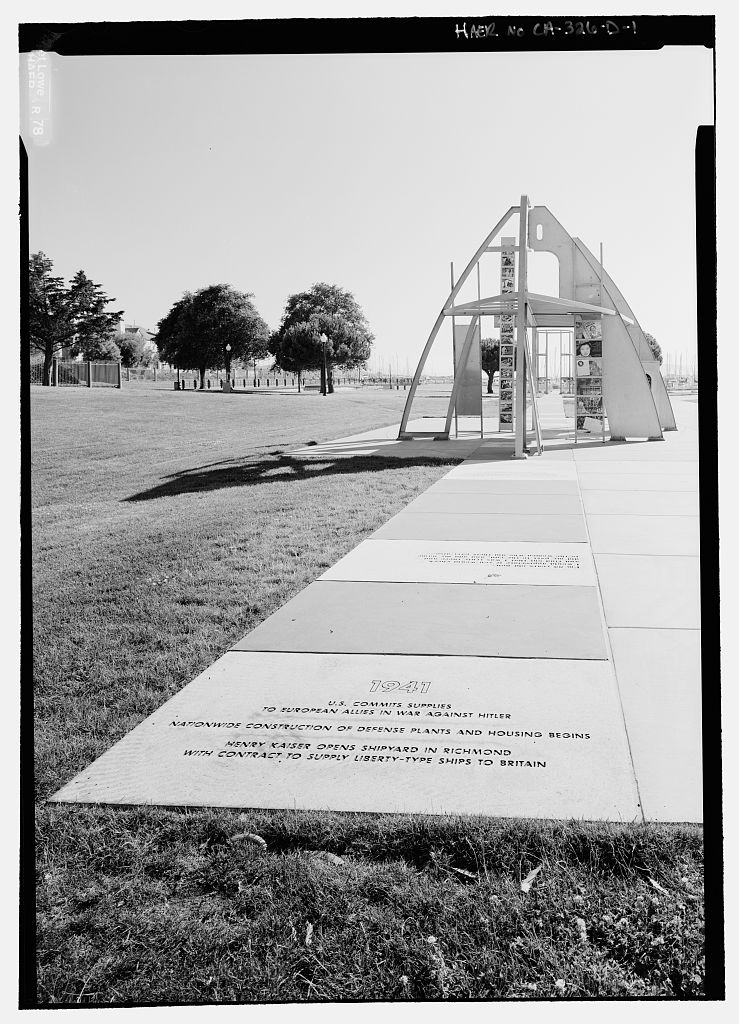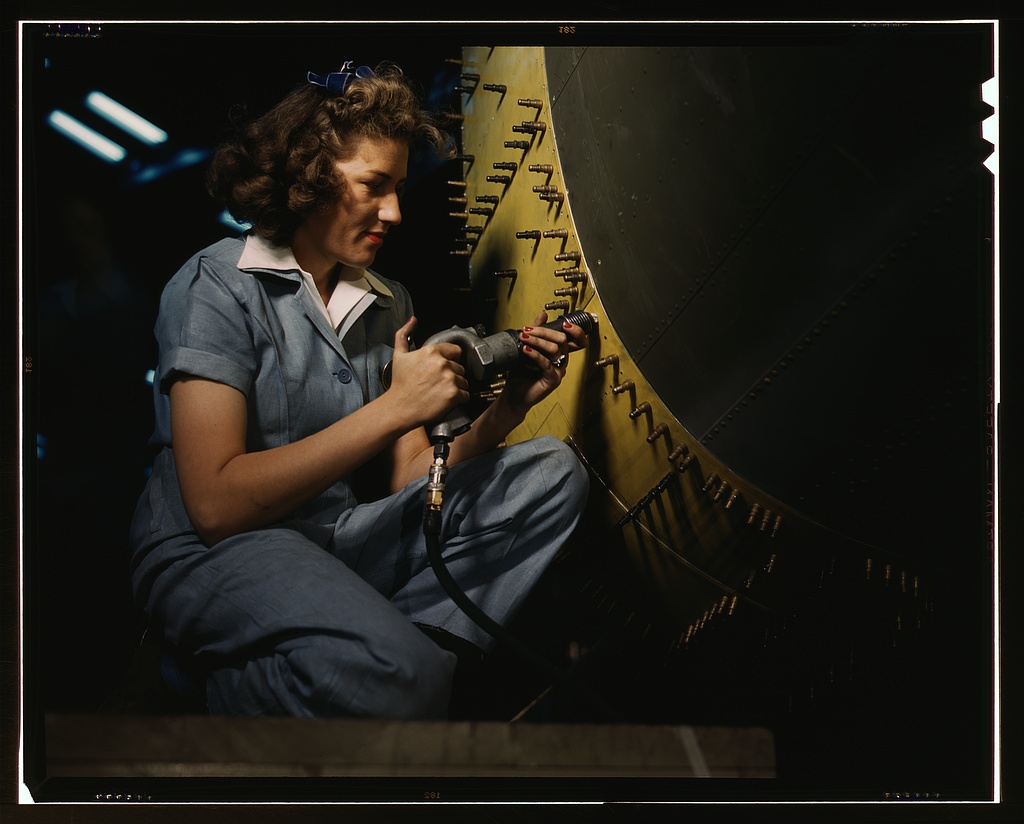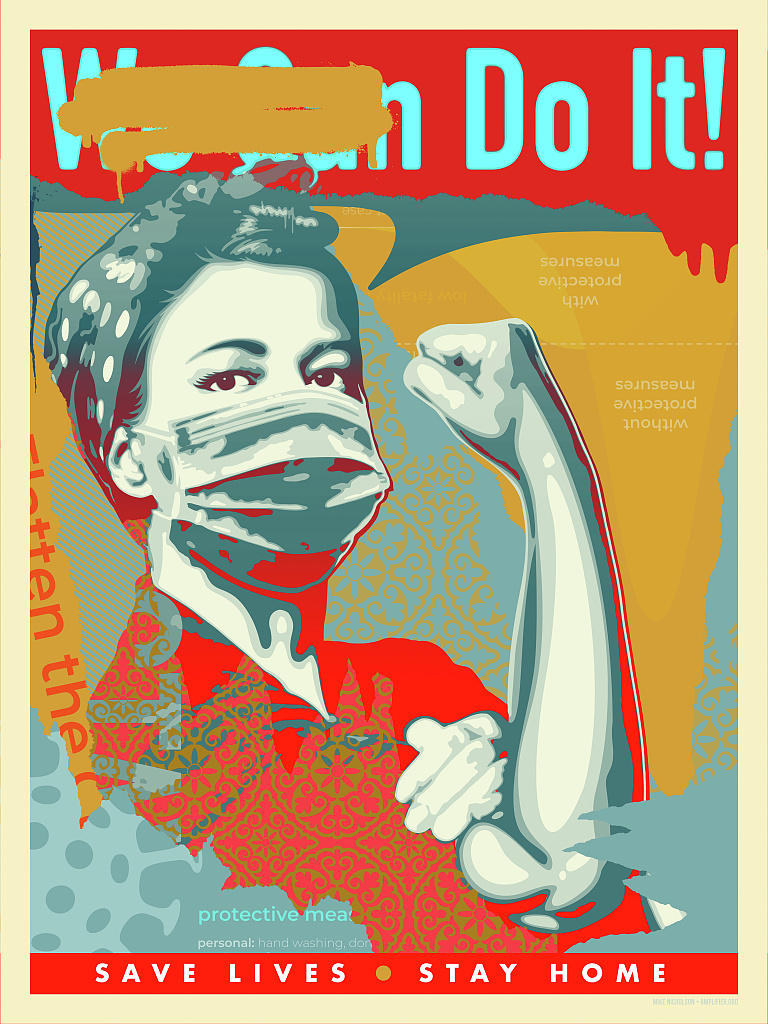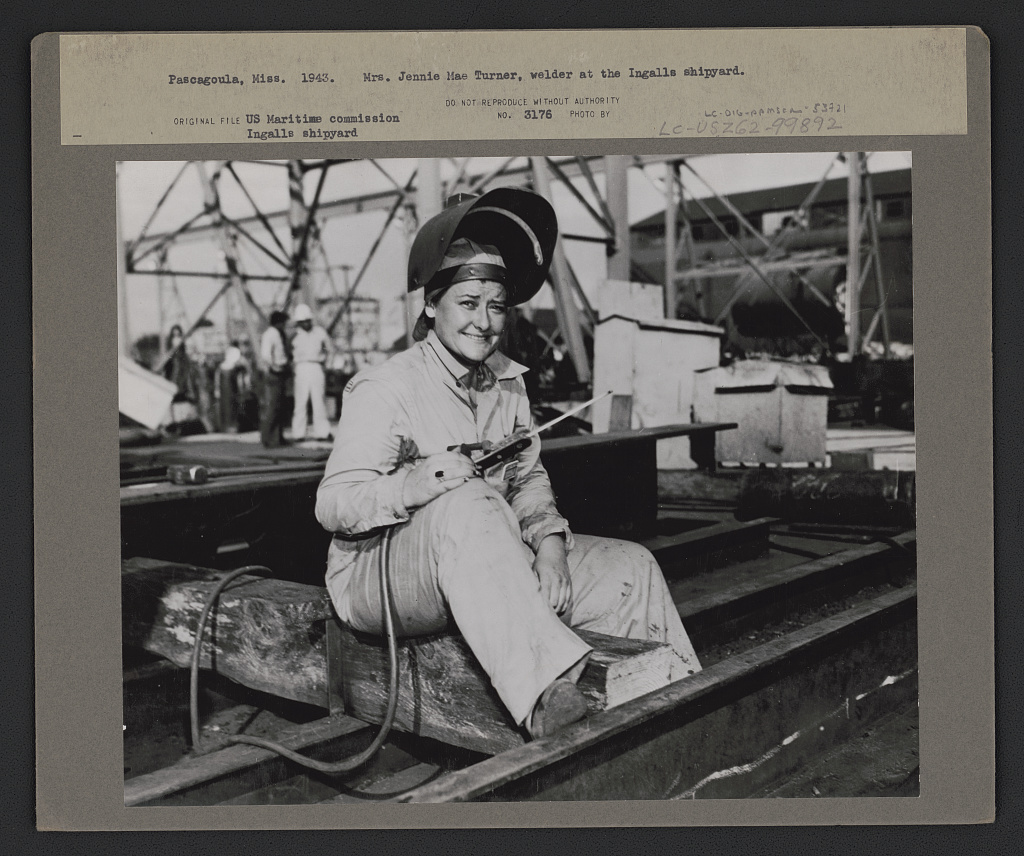This album was created by a member of the TPS Teachers Network, a professional social media network for educators, funded by a grant from the Library of Congress. For more information, visit tpsteachersnetwork.org.
Rosie the Riveters
Album Description
Last weekend, the World War II Museum, in partnership with the Gary Sinise Foundation, hosted 18 Rosie the Riveters from around the country.
I was so very honored to get to attend a private dinner with them at the Museum the night before they toured the Museum with some of our students. It was so special getting to talk to some of the women to hear their stories. When I was talking to Maxine the Riveter, I told her how she was a hero and had paved the way for myself and other women. She responded with "I'm not a hero. I was just doing what I had to do. I just went to work."
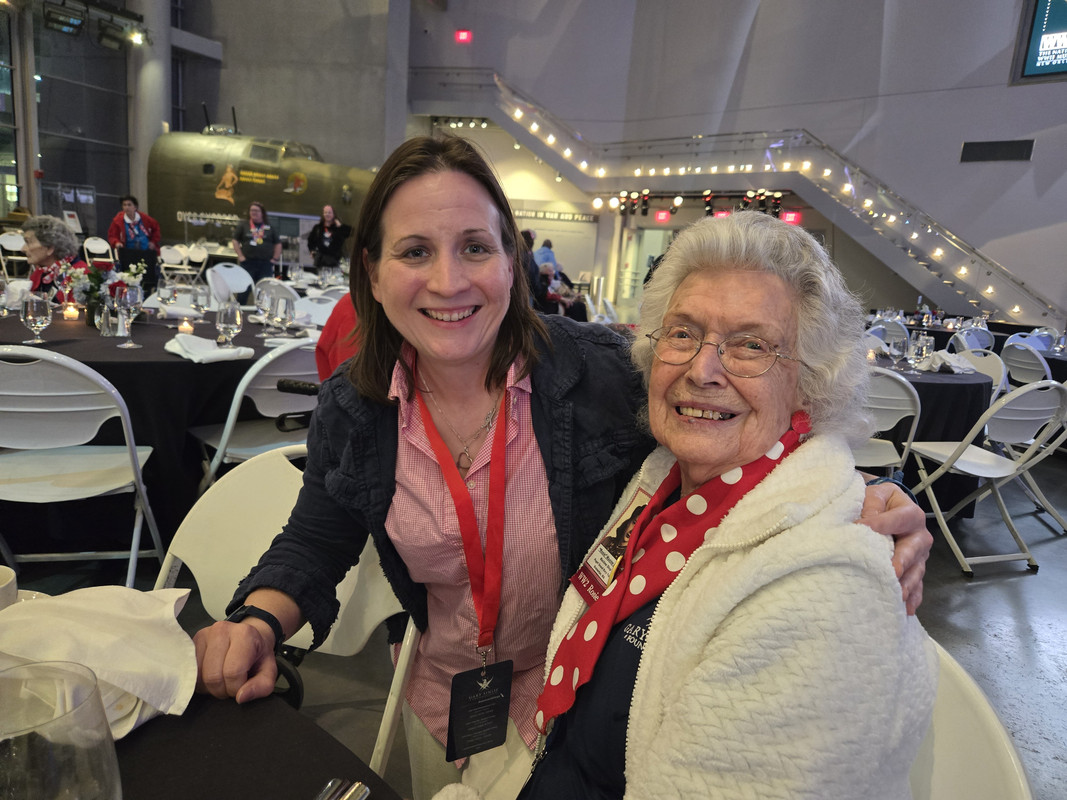
The Rosie's were also treated to the WWII Museum's new show, Rosie! which includes music from the period. There was also a lot of discussion of oral histories and the importance of preserving and elevating these voices. It made my primary sources heart so happy!
I learned that there are chapters of the Rosies in many states. Louisiana is hoping to start our chapter soon. If you have a chapter in your area, I recommend reaching out--these stories are so very special and are so impactful for students (and educators, too, of course!)
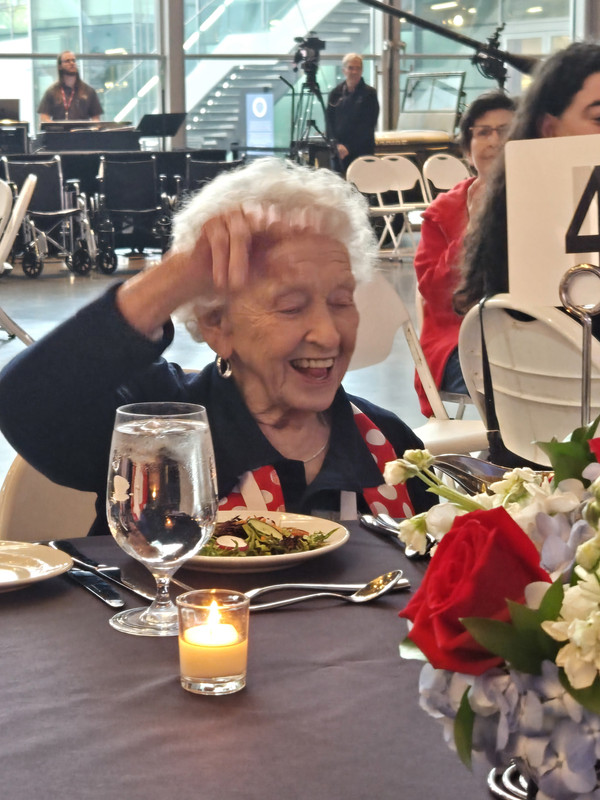
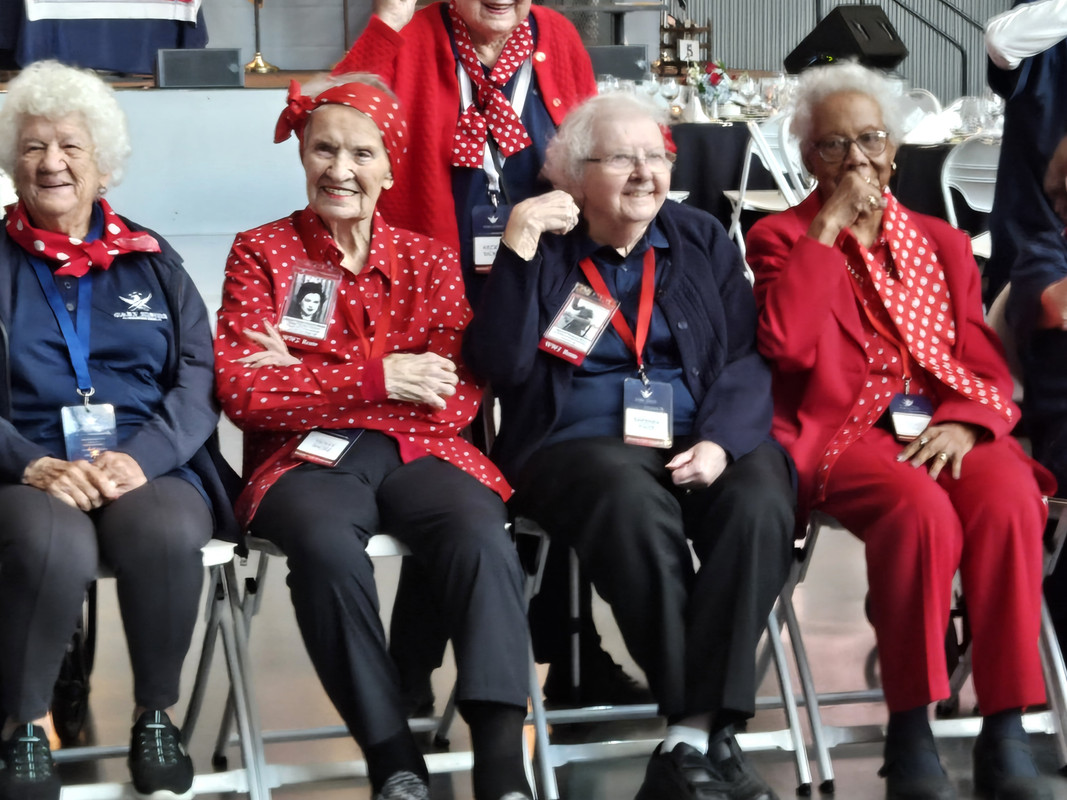
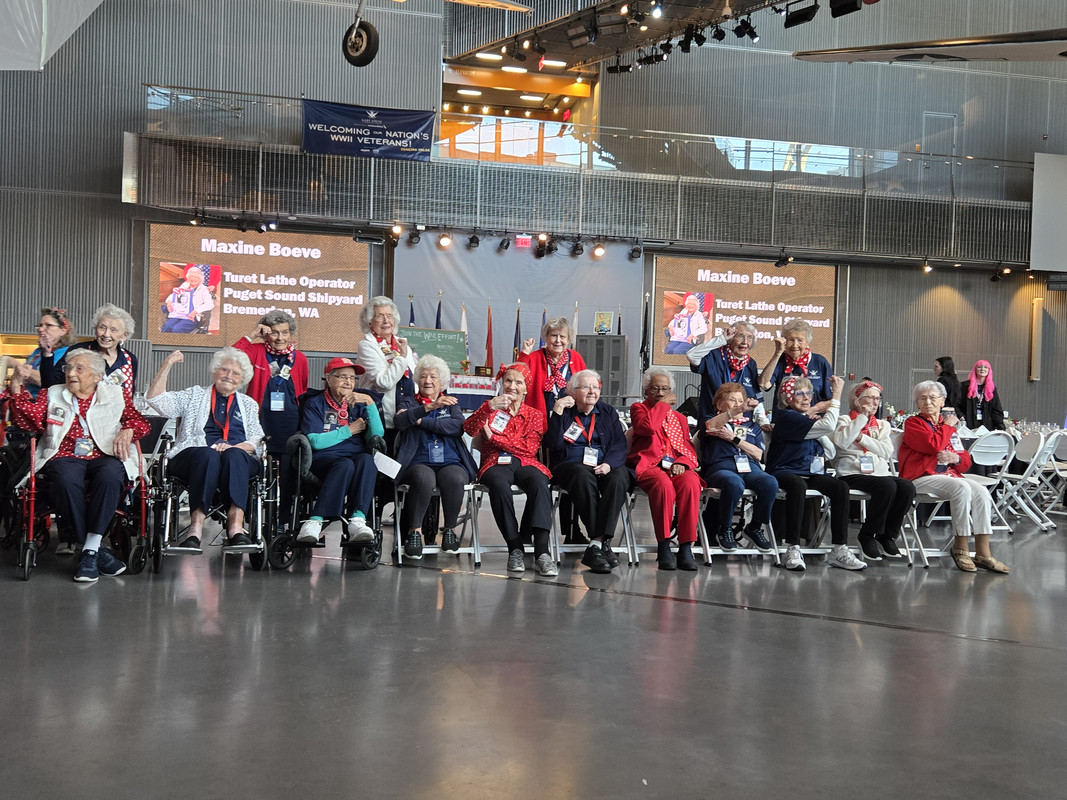
'Rosie The Riveter WWII Museum'
Teaching Notes
Our high school students got to spend the day with the Riveters. What would you ask a Rosie the Riveter if you could meet her?
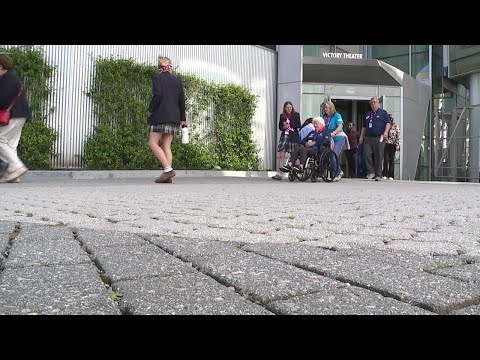
Reference note
'Rosie The Riveter WWII Museum'
'Rosie the Riveter Congressional Gold Medal Commemoration | March 21, 2025'
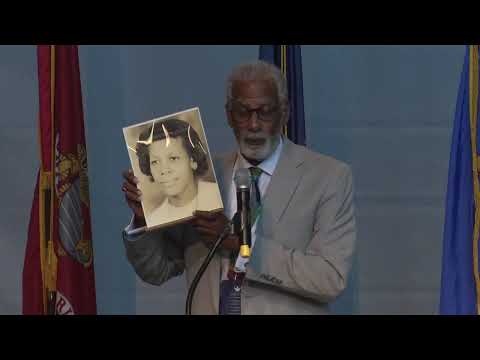
Reference note
'During World War II, millions American women on the Home Front answered the call to join the wartime workforce. Today, Rosie the Riveter is one of the most popular and enduring symbols of the WWII era, representing the women workers whose contributions paved the way for future generations. Join The National WWII Museum as we commemorate the awarding of the Congressional Gold Medal to America's real-life wartime Rosie the Riveters.'
Instagram: World War 2 Museum Welcomes the Riveters
Rosie the Riveter: Real Women Workers in World War II
Reference link: https://www.loc.gov/item/2021687597/
Reference note
Summary: Sheridan Harvey explores the evolution of "Rosie the Riveter"and discusses the lives of real women workers in World War II.
Created / Published: Washington, D.C. : Library of Congress, 2003-05-14.
Notes: - Sheridan Harvey. - Recorded on 2003-05-14. - Kids, Families. - Researchers. - Teachers.
Digital Id: https://hdl.loc.gov/loc.gdc/gdcwebcasts.030226hss0900
We Can Do It! Rosie the Riveter.
Reference link: http://www.loc.gov/item/2021669753/
Reference note
Summary
- This poster, produced by Westinghouse during World War II for the War Production Co-Ordinating Committee, was part of the national campaign in the United States to enlist women in the workforce. In the face of acute wartime labor shortages, women were needed in the defense industries, the civilian service, and even the armed forces. Publicity campaigns were aimed at encouraging those women who had never before held jobs to join the workforce. Poster and film images glorified and glamorized the roles of working women and suggested that a woman's femininity need not be sacrificed. Women were portrayed as attractive, confident, and resolved to do their part to win the war. Of all the images of working women during World War II, the image of women in factories predominates. Rosie the Riveter--the strong, competent woman dressed in overalls and bandanna--was introduced as a symbol of patriotic womanhood. The accoutrements of war work--uniforms, tools, and lunch pails--were incorporated into the revised image of the feminine ideal.
Created / Published
- [place of publication not identified] : [publisher not identified], [1942 to 1943]
Notes
- - Title devised, in English, by Library staff.
- - Original resource extent: 1 color poster.
- - Original resource at: U.S. National Archives and Records Administration.
- - Content in English.
- - Description based on data extracted from World Digital Library, which may be extracted from partner institutions.
Digital Id
Rosie the Riveter National Historical Park, Rosie the Riveter Memorial, Off Regatta at Melville Square in Marina Park, Richmond, Contra Costa County, CA
Teaching Notes
How would you design a monument for the Riveters? What kind of monument would you design for a hero in your community?
Reference link: http://www.loc.gov/item/ca3332/
Reference note
Created / Published
- Documentation compiled after 1968
Notes
- - Survey number: HAER CA-326-D
Repository
- Library of Congress Prints and Photographs Division Washington, D.C. 20540 USA http://hdl.loc.gov/loc.pnp/pp.print
Riveter at work on Consolidated bomber, Consolidated Aircraft Corp., Fort Worth, Texas
Reference link: http://www.loc.gov/item/2017878315/
Reference note
Created / Published
- 1942 Oct.
Genre
- Transparencies--Color
Notes
- - 12002-19.
- - Transfer from U.S. Office of War Information, 1944.
- - General information about the FSA/OWI Color Photographs is available at http://hdl.loc.gov/loc.pnp/pp.fsac
- - Title from FSA or OWI agency caption.
- - Additional information about this photograph might be available through the Flickr Commons project at http://www.flickr.com/photos/library_of_congress/2179234320 External
Repository
- Library of Congress Prints and Photographs Division Washington, D.C. 20540 USA http://hdl.loc.gov/loc.pnp/pp.print
Digital Id
- fsac 1a34953 https://hdl.loc.gov/loc.pnp/fsac.1a34953
Do It! Save Lives, Stay Home
Teaching Notes
This interpretation of the Rosie the Riveter poster was created during COVID.
Why do you think the artist chose this iconic poster to adapt for COVID?
Reference link: http://www.loc.gov/item/2020632232/
Reference note
Summary
- Poster shows Rosie the Riveter wearing a face mask. The words in the title "We Can" have been painted over.
Created / Published
- [Seattle] : Amplifier, 2020.
Genre
- Inkjet prints--2020
- Posters--2020
Notes
- - Title from item.
- - Alternate title from Amplifier website.
- - Mike Nicholson Los Angeles, California, United States: https://amplifier.org/portfolio-posts/mike-nicholson-do-it/ External
- - "My family decided to make as many mask[s] as we could during our quarantine time. It reminded me of the women call to action during WWII. I think this is our countries moment to work together and show a united compassion for each other." Mike Nicholson
- - On bottom right corner: Mike Nicholson + Amplifier.org.
- - Purchase; Amplifier; 2020; (DLC/PP-2020:074).
Repository
- Library of Congress Prints and Photographs Division Washington, D.C. 20540 USA http://hdl.loc.gov/loc.pnp/pp.print
Digital Id
- ppss 01111 //hdl.loc.gov/loc.pnp/ppss.01111
Mrs. Jennie Mae Turner, welder at the Ingalls shipyard, Pascagoula, Miss.
Teaching Notes
Write a thank you card to Rosie the Riveter...what would you say?
Reference link: http://www.loc.gov/item/90709142/
Reference note
Created / Published
- 1943.
Genre
- Photographic prints--1940-1950
Notes
- - Photo from Ingalls shipyard, U.S. Maritime Commission.
- - Farm Security Administration and Office of War Information Collection.
- - No. 3176.
Digital Id
- ppmsca 53721 https://hdl.loc.gov/loc.pnp/ppmsca.53721
- cph 3b45913 https://hdl.loc.gov/loc.pnp/cph.3b45913
Betty Jane Cook Collection
Teaching Notes
The Veterans History Project has some oral histories from Rosie the Riveters. As you listen, think about the kind of work they were doing. What were the conditions like? How did they feel about their jobs? What is something that you are proud of in your own life?
Reference link: https://www.loc.gov/item/afc2001001.53275/
Reference note
Repository: Veterans History Project, American Folklife Center, Library of Congress


